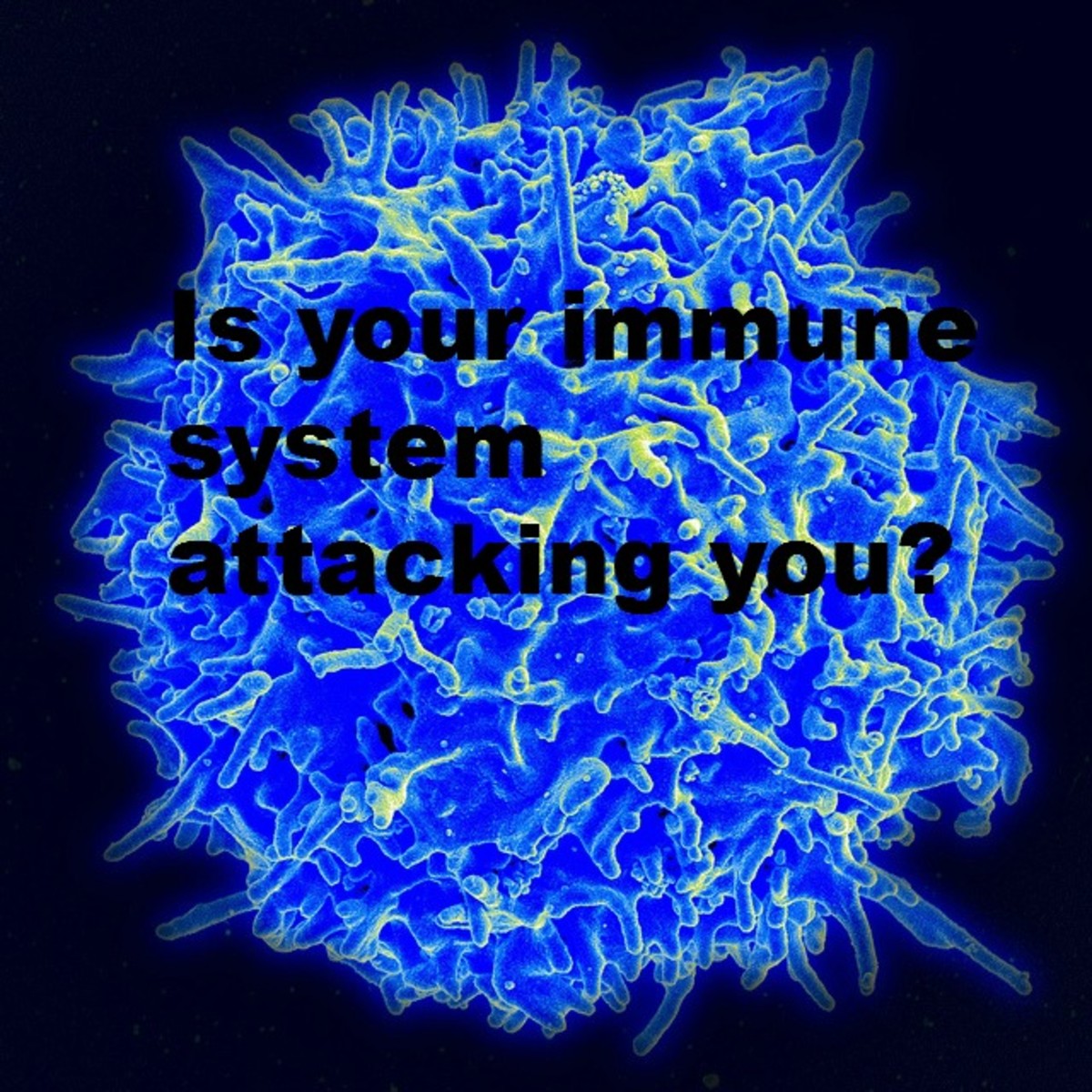Depression and Inflammation: the Link and the Evidence
Psychiatry.org defines depression as “a common and serious medical illness that negatively affects how you feel, the way you think and how you act.” In today’s society depression is a household word brought on by trauma, grief or any number of other events in life. But, it’s not the only health condition most of us are very familiar with. What about inflammation?
Just as depression is a part of our regular vocabulary, so is inflammation. A sprained ankle, for example, is acute inflammation whereas other forms of inflammation are the result of some kind of illness. This isn’t anything new, but what about the link between depression and inflammation? It may surprise you.

It's Chemical?
Think of your body as a kingdom and in that kingdom there’s an army that protects you from invaders. When you are exposed to an illness, the flu virus for example, a horn is sounded and your immune system comes out to defend you. According to a study done by the National Health and Nutrition Examination Survey (NHANES for short), so does an enzyme that may cause depression for some individuals. Their study spanned five years and it showed that those with depressive symptoms had a higher level (about 31%) of a protein called C-reactive protein and a lower level of another marker of a specific type of airway inflammation, fractional exhaled nitric oxide (FeNO). The NHANES’ study isn’t the only one supporting the idea that there’s a link between inflammation and depression.
While the NHANES study was going on, scientists at the University of Illinois, along with collaborators, did a study of their own on the role of depression and inflammation.* Unlike NHANES, this experiment was done on mice purposely infected with BCG-- bacille Calmette-Guérin, a cousin of the Tuberculosis virus—to create chronic inflammation in mice. While that’s not too nice to Mickey, they found that the immune system produced a protein called cytokines to help fight off the BCG. They found that as the mice fought off the BCG they experienced depressive symptoms, even if they hadn’t prior to being sick.
Anyone who has ever been sick can attest to these mood changes, but now we understand the mechanism behind our flu-induced misery. Cytokines aren’t bad. As a matter of fact they are vital to our development and when we’re sick, they help us to conserve our energy and recover better and faster. But, according to doctors Jennifer C. Felger and Francis E. Lotrich, long term exposure to inflammatory cytokines changes you on a neurological level. Inflammation literally changes how your brain works and unfortunately, depression and mental illness is a part of that for some people.
(The source for the study at the University of Illinois, PubMed Journals, has been shut down. Once it becomes available again a new link will be featured to this source.)

What Does it Matter?
If you contend with chronic pain and illness on a daily basis, you may be thinking “Great, they spent thousands of dollars to tell us what we already know. Pain causes depression.” And yes, that is what happened here, but so did something else.
Scientists now know the cause of this specific type of depression and not just “I feel bad, so I’m depressed”. By narrowing down the chemical response and figuring out why it happens, the next step is finding a way to stop it. Many of us accept the chronic part of chronic illness, or at least we try to. But that doesn’t make the symptoms of depression go away and for a lot of people, neither do antidepressants. But imagine if one of the many, many pills a lot of us already take could stop it before it even starts. Now we know that it might be a reality someday.
What About You?
There are many types of chronic illnesses that affect us. Some conditions, like auto-immune disorders, involve inflammation. For those of you who inflammation is a normal part of life, has depression

More on the Subject
A lot of research has been done about this and if you’re interested in learning more, here are some resources! Please remember to check your sources when reading about depression, inflammation and possible treatment. Remember, not all websites are created equally when it comes to quality of research.
Is Depression An Inflammatory Disorder?
From inflammation to sickness and depression: when the immune system subjugates the brain








